(This position was originally advertised, and not filled, in 2012. Now being re-advertised in 2013).
A PhD opportunity is available for a wildlife disease ecologist, preferably with a relevant Masters level degree, with quantitative skills and with an interest in the epidemiology of pathogen transmission/emergence in natural populations. The position is based in the Department of Epidemiology and Population Health at the Institute of Infection & Global Health, University of Liverpool (where this research group will soon be based). The studentship will be supervised by Prof Eric Fèvre and colleagues, and will involve working closely with partners in other institutions in the UK and Kenya. This studentship will involve extensive periods of time in the field in Kenya.
The student will be part of the large, multi-centre “Epidemiology, ecology and socio-economics of disease emergence in Nairobi” (Urban-Zoo) project funded by the UK Research Council Environmental and Social Ecology of Human Infectious Diseases (ESEI) initiative. Urban-Zoo is an interdisciplinary project aiming to understand the mechanisms leading to the emergence of pathogens into urban populations, and their subsequent spread. The PhD will be co-supervised by members of the project consortium, and will involve working closely not only with the specific expertise relevant to the project, but also with economists, public health and veterinary public health practitioners, social scientists, epidemiologists and urban planners. The project will involve interacting with policy makers and a formal policy advice process in both the UK and Kenya.
The focus of the PhD project will be on the ecology of peri-domestic wildlife species (eg rodents, scavenging birds) in the city of Nairobi, Kenya, and their role in microbial movement through different ecological niches within the city.
Questions to be addressed are:
1) What is the nature of the peri-domestic wildlife interaction with domestic livestock, food products and humans in an urban setting?
2) What is the diversity and community assemblage of both micro-organisms and macro-parasites in the peri-domestic species?
3) How does microbial and parasitic diversity in peri-domestic wildlife change along gradients of human and domestic animal population densities, and other markers of urbanization?
4) Is there evidence of parasite co-infection dynamics in urban peridomestic species?
5) Lastly, could the parasite community assemblage influence the probability of cross species transfer/zoonotic transmission?
 Urbanized environments in Africa are melting pots of activity and interaction: the wealthy live alongside the poor; livestock live alongside people; peridomestic species have intimate contact with humans and their waste; human and animal movements take place in internal and externally connected networks. This degree of mixing and contact creates ecological niches with opportunities for pathogen transmission across species. Urban settings maintain diverse species of peri-domestic rodents and birds (Castillo et al., 2003), and a number of them are likely to be important in the microbial landscape in a city like Nairobi as they not only live in close proximity to humans (Mohr et al., 2007) (Pomeroy, 1975), but they are important scavengers on waste products (refuse, abattoir waste, etc). Thus they may play an important role as liaison hosts (Ashford, 2003) to humans or livestock. This project addresses a set of questions as part of a wider research programme on disease emergence in urban settings.
Urbanized environments in Africa are melting pots of activity and interaction: the wealthy live alongside the poor; livestock live alongside people; peridomestic species have intimate contact with humans and their waste; human and animal movements take place in internal and externally connected networks. This degree of mixing and contact creates ecological niches with opportunities for pathogen transmission across species. Urban settings maintain diverse species of peri-domestic rodents and birds (Castillo et al., 2003), and a number of them are likely to be important in the microbial landscape in a city like Nairobi as they not only live in close proximity to humans (Mohr et al., 2007) (Pomeroy, 1975), but they are important scavengers on waste products (refuse, abattoir waste, etc). Thus they may play an important role as liaison hosts (Ashford, 2003) to humans or livestock. This project addresses a set of questions as part of a wider research programme on disease emergence in urban settings.This successful candidate will work in an interdisciplinary field and laboratory team, and would be expected to master the application of several research tools: there will be a field element, trapping peri-domestic wildlife species (in Nairobi, and elsewhere) using various ecological sampling techniques, habitat mapping, biological sample collection for bacterial culture and macroparasite identification and quantification, followed by microbial typing as well as complete genome sequencing and analysis of SNP data from isolated organisms.
Note: Due to restrictions imposed by the funding body, this opportunities is only open to either a) UK residents (resident in the UK for 3+ years) or b) European Economic Area residents (resident in the EEA for 3+ years). See the Medical Research Council eligibility criteria for PhD funding for details. The PhD position is remunerated at the normal MRC rate.
How to apply: By 30 June 2013, interested individuals who meet the eligibility criteria should complete the Preliminary Application Form 2013 and email to Laura Hand (l.c.hand@liverpool.ac.uk) along with your CV and covering letter stating why you want to study for a PhD, why you believe that you are suitable and why you have chosen the project/s in no more than 400 words. Please include the name of two academic referees.
References
Ashford, R.W. (2003). When is a reservoir not a reservoir? Emerging Infectious Diseases, 9, pp. 1495- 1496.
Castillo, E., et al (2003). Commensal and wild rodents in an urban area of Argentina. International Biodeterioration and Biodegradation, 52, pp. 135-141.
Knobler, S., et al (2006). The Impact of Globalization on Infectious Disease Emergence and Control: Exploring the Consequences and Opportunities. Washington: National Academies Press.
Mohr, K., et al (2007). Monitoring rodents movements with a biomarker around introduction and feeding foci in an urban environment in Tanzania. African Zoology, 42, pp. 294-298.
Pomeroy, D.E. (1975). Birds as scavengers of refuse in Uganda. Ibis, 117, pp. 69-81.
Smolinski, M.S., et al (2003). Microbial Threats to Health: Emergence, Detection, and Response. Washington: National Academies Press.
Woolhouse, M.E.J. & Gowtage-Sequeria, S. (2005). Host range and emerging and reemerging pathogens. Emerging Infectious Diseases, 11, pp. 1842-1847.
The Zoonotic and Emerging Disease group studies a range of epidemiological issues revolving around the domestic livestock, wildlife and human interface


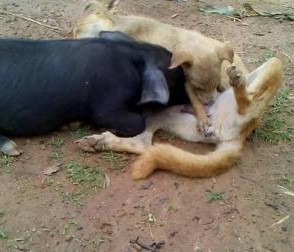
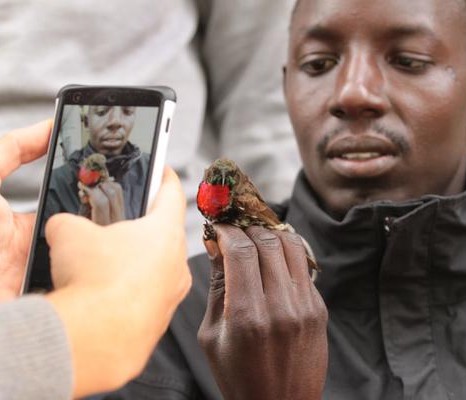
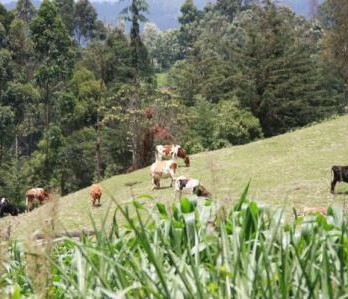
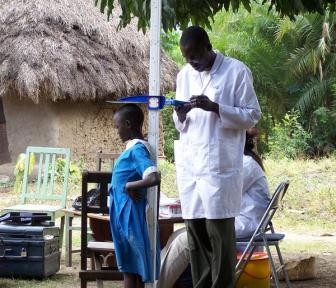
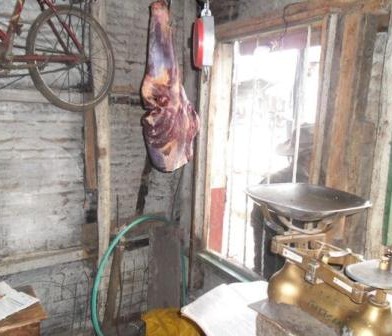
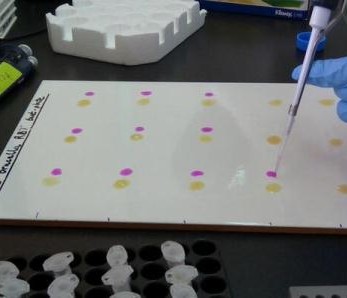
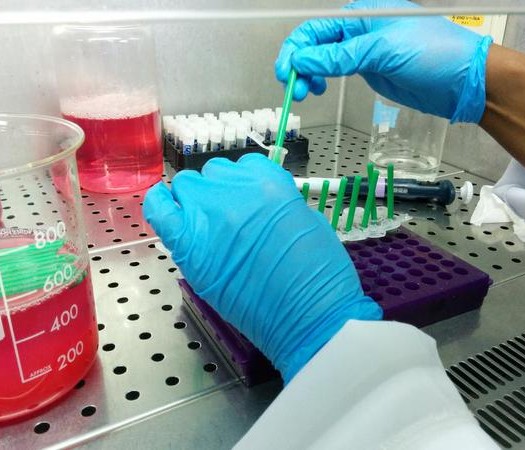
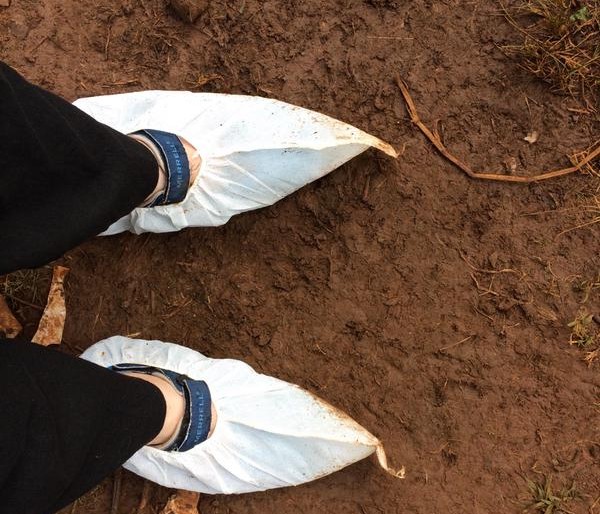
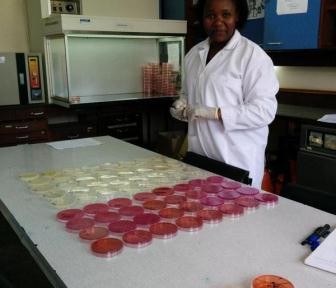
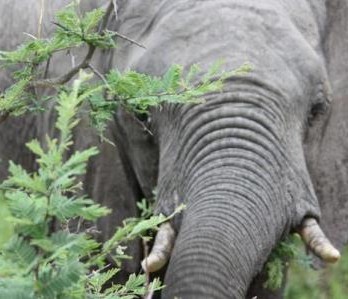
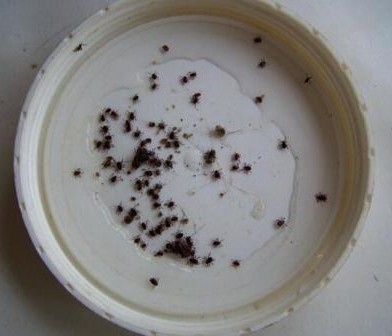
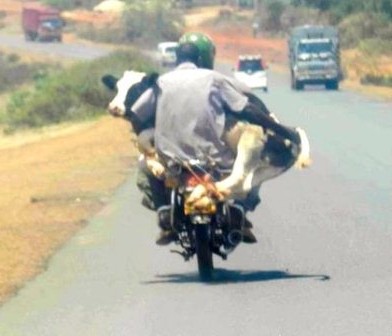
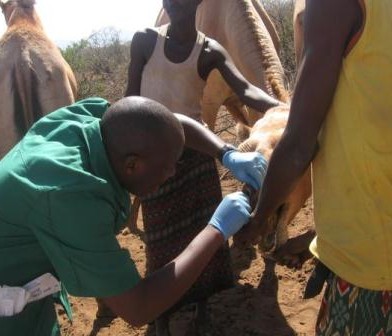
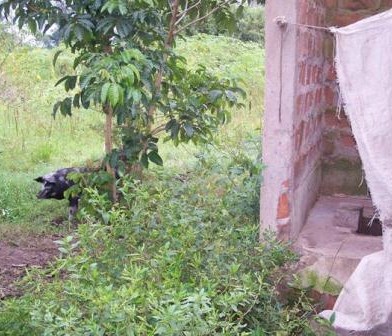
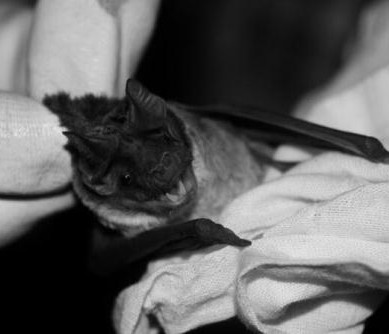
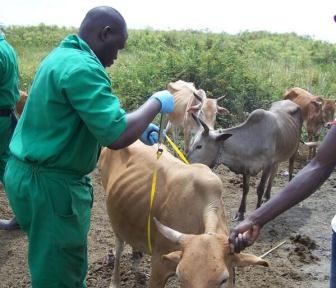
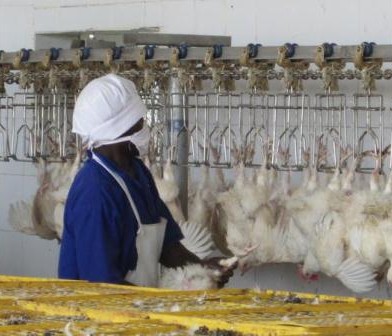
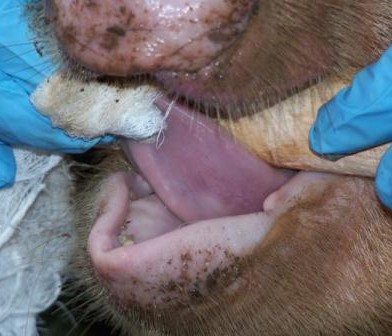
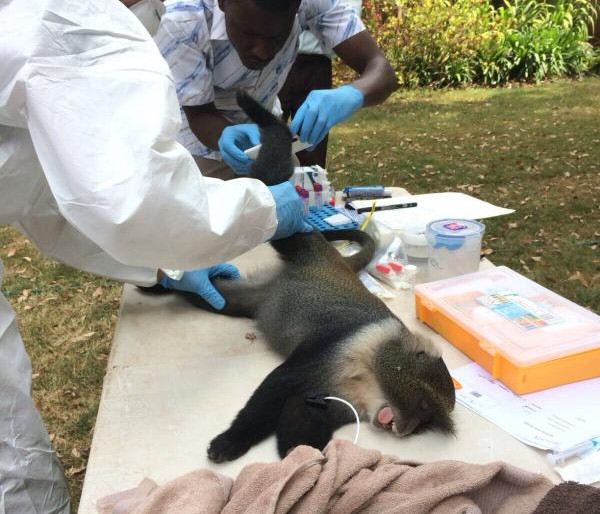
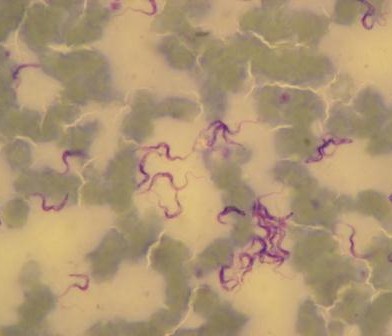
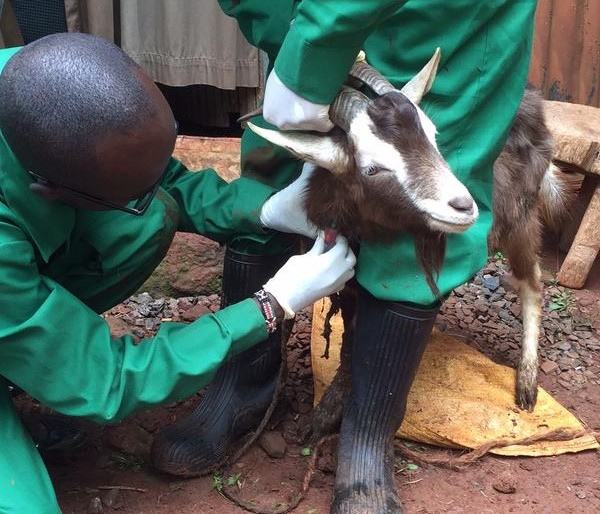

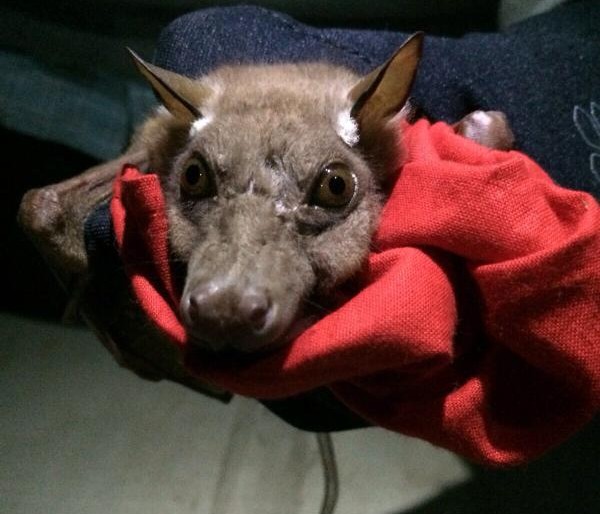
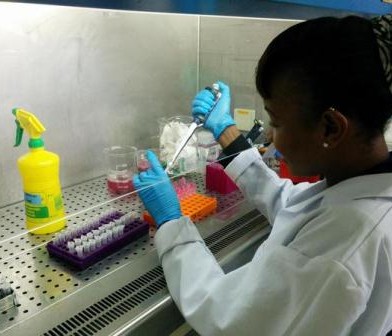
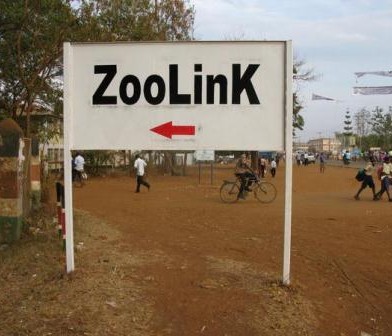
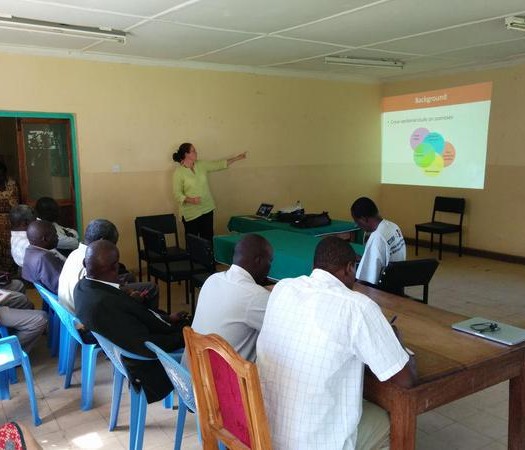
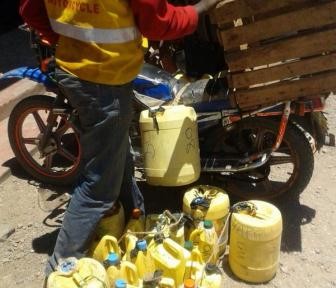
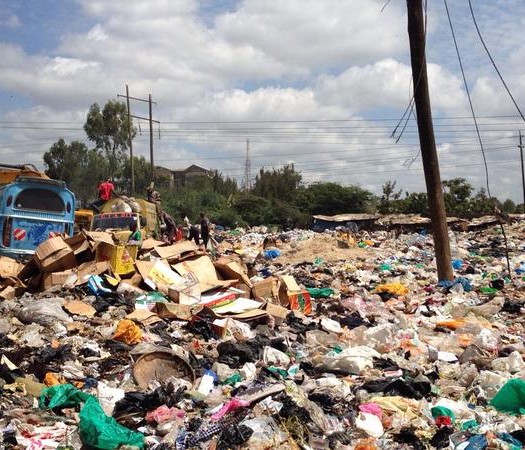
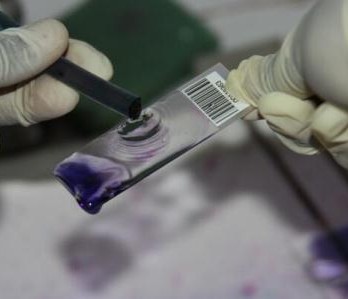
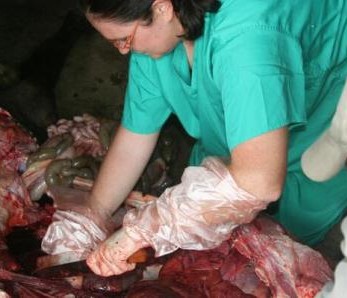
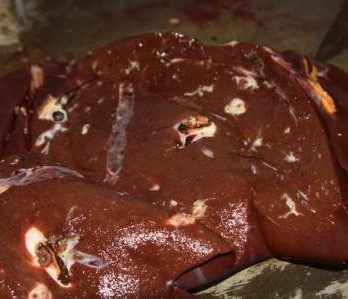
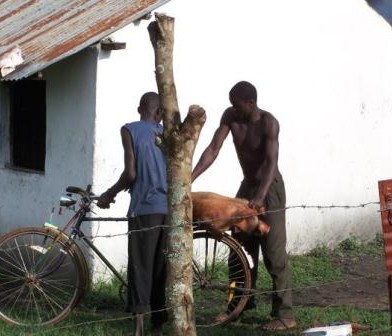
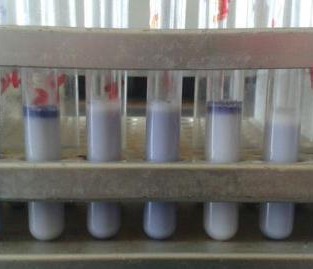
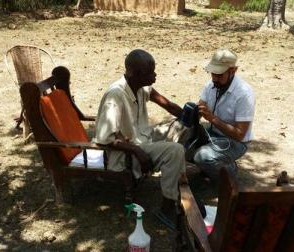
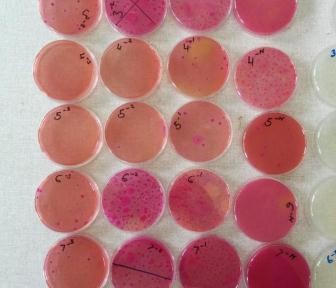
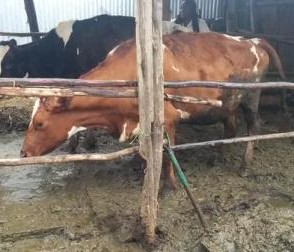
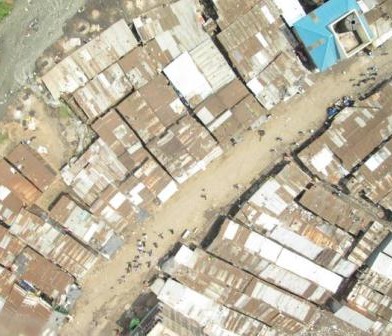
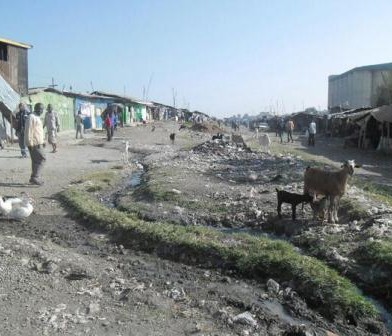
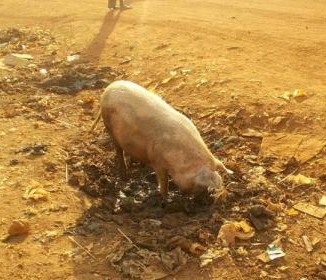
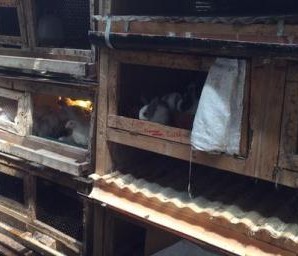
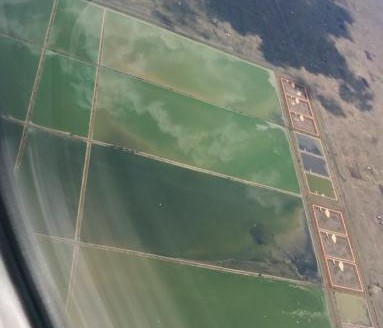

You must be logged in to post a comment.